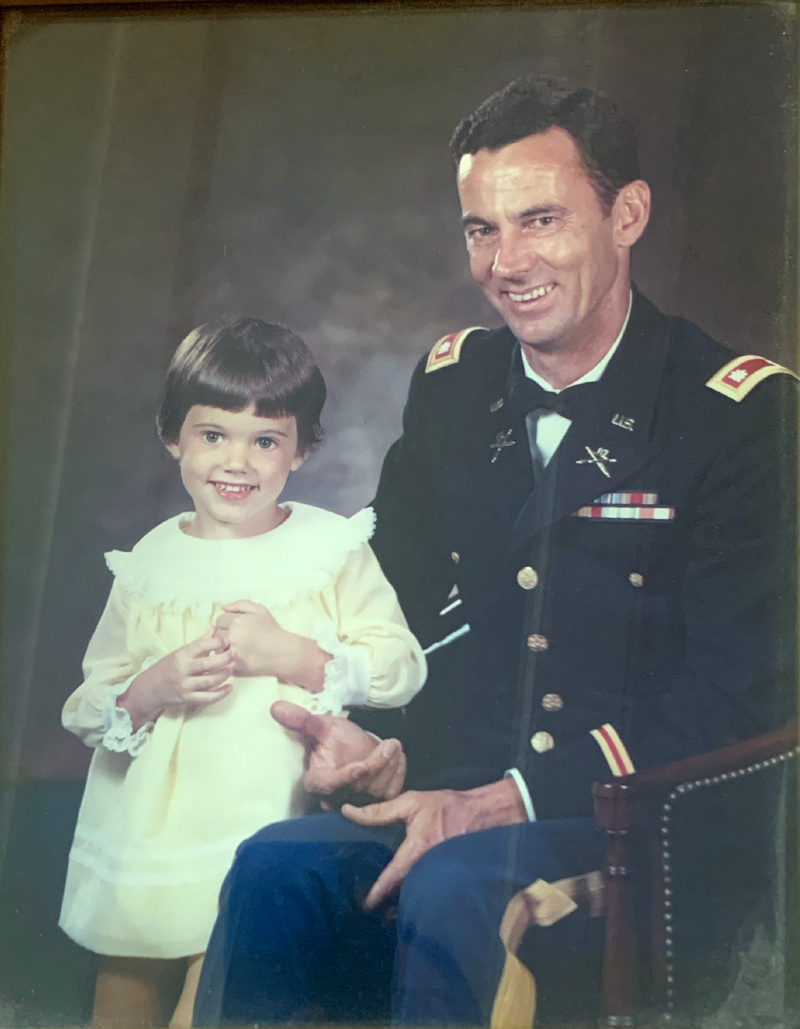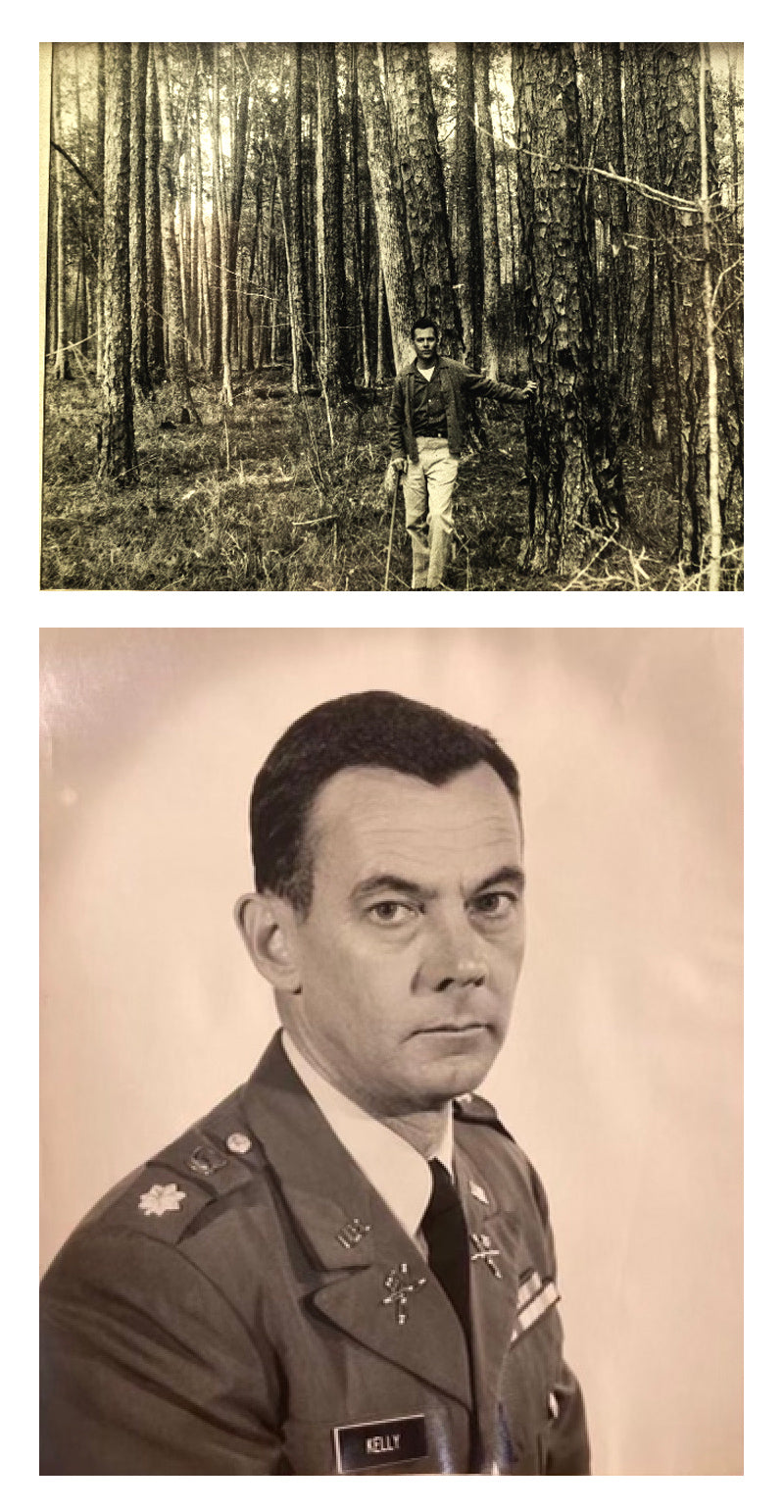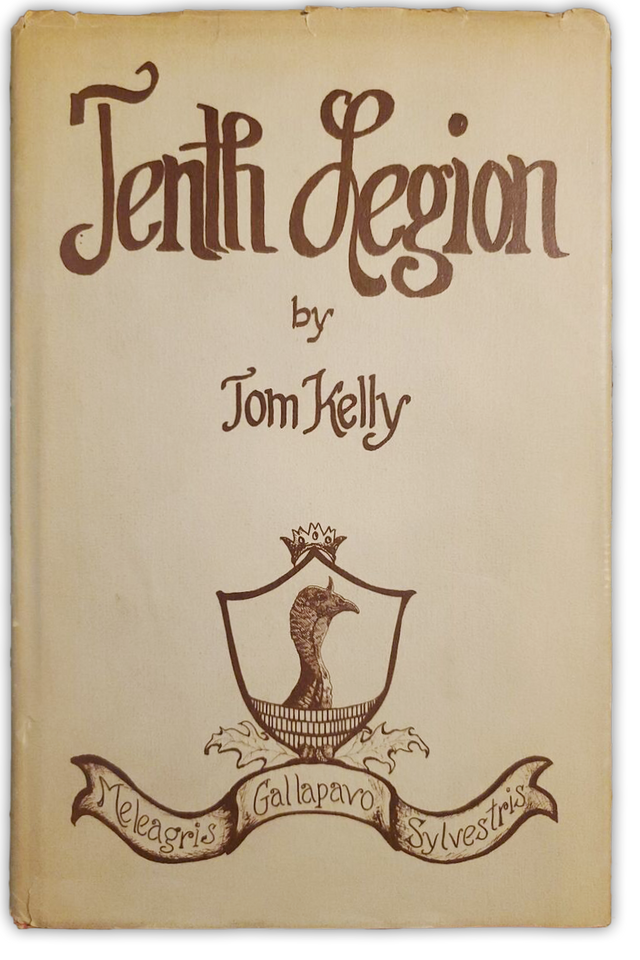His Story: About the Author
Colonel Tom Kelly




Thomas Henry Kelly, Jr. was born May 15, 1927 in Mobile, Alabama.
Tom spent his youth on the Needle Coast, as they called the salt flats in and around Mobile Bay. At 17 years of age Tom got his uncle to forge his entry into the United States Navy. He wanted to be part of America’s military. He became an aerial gunner and international morse code operator.
The war ended and Tom went on to Auburn University to obtain a degree in Forestry.
When the Korean war began, Tom was called up as again as an officer. He retired from the United States Army as a Colonel.
During his years as a forester, Tom often wrote short stories about wild turkeys and turkey hunting. His wife, Helen suggested that he put those ideas into a book. In 1973 Tom self-published what has become known as the “Bible of Wild Turkey Hunting.” He named it Tenth Legion.
In his book, Tom compared the honorable sport of wild turkey hunting to Ceasar’s 10th Legion, a cult of fighting warriors who had one common goal, perhaps an obsession, to fight in every war of all of the Ceasars.
Here is how Colonel Kelly describes his book, Tenth Legion:
“There is a peculiarity about military organizations that defies explanation. This peculiarity is that when a unit has once achieved real distinction, once it has become really good, rather than simply thinking it is good—it stays good. When there is nothing left of the original organization but the signs and the flags, the previously established reputation feeds upon itself. The people who formed this reputation, the men who created the excellence, may have been dead and gone a hundred years; but if the excellence they first created was good enough, it is of itself self perpetuating. Perhaps the reputation inspires the men who follow. Perhaps because of it, the men who follow rise above themselves to match it. But at any rate it happens, and it has been happening for a very long time.
For example. At the Normandy landings in 1944, the right flank regiment at Omaha Beach was the 116th Infantry. It was taken temporarily from its parent division, selected solely because of its excellence, and attached to another division and put in to this situation. Its performance was superior, as it was only to be expected that it should have been. Eighty two years previously its performance had likewise been superior. Eighty two years previously the 116th Infantry had been the Stonewall Brigade.
When a small city state in middle Italy conquered the world, and kept it conquered for five centuries, historians agree generally that of all the Roman Legions, there was none to match the Tenth. Generation after generation, in country after country, and against successive waves of barbarians, there was always the Tenth. Three hundred years after the formation of the original Tenth, when no great grandfather left alive could remember the great grandson of the youngest man of the original group, the legend of the Tenth grew and fed upon itself and was self sustaining.
An organization such as this is a subculture, a cult that exists within a larger group. It can happen, though it is less common, in organizations other than military ones. In South Alabama, in the hunting of a particular species of game bird, there is such a cult. And it is this cult, this spiritual descendant of the original Tenth, that is the subject of our discussion.”

Up next…

Tenth Legion
This is a signed Tenth Legion book 52 years in print—Tom Kelly self-published Tenth Legion in 1973. He created this masterpiece of Wild Turkey literature by recording into a portable dictation machine while working in the woods. His wife Helen transcribed his words into a book that has become the “Bible of Wild Turkey hunting.” The book has not changed in the past 51 years, even if the dust covers have had many different looks. Copyright Tom Kelly 1973Copyright Tom Kelly Inc 2012

The T. H. Kelly Handbook
Tom wrote this book in the 1980’s to give his 600-man Scott Paper woodlands staff a sense of commonality. The book is written for young first-line supervisors—those people who have just entered the corporate world. It is a common-sense guide to being a productive member of any organization. Buy it for your company and see the results immediately. Copyright Tom Kelly 1985

Better on a Rising Tide
Back in Stock 22 chapters of pure Tom Kelly prose. Better on a Rising Tide is Tom’s 3rd book that contains 22 chapters that previously appeared in several outdoor magazines in the late 1980s and early 1990s. Colonel Kelly writes about wild turkey hunting and southern states including social life and customs. He also writes about the southern timber industry that he was an integral part of for more than 50 years. “Nobody ever really knows how much of his makeup is environment and how much is heredity — no matter what stories you grandmother use to tell about the gallantry of your ancestors. But there were certain specific things that happened in your formative years that marked you, and sometimes you have the capacity to remember them exactly as they happened.” Tom notes, ”Chapter 20, the Turning, is the only wedding Field & Stream ever covered.” Copyright Tom Kelly Inc. 1995



